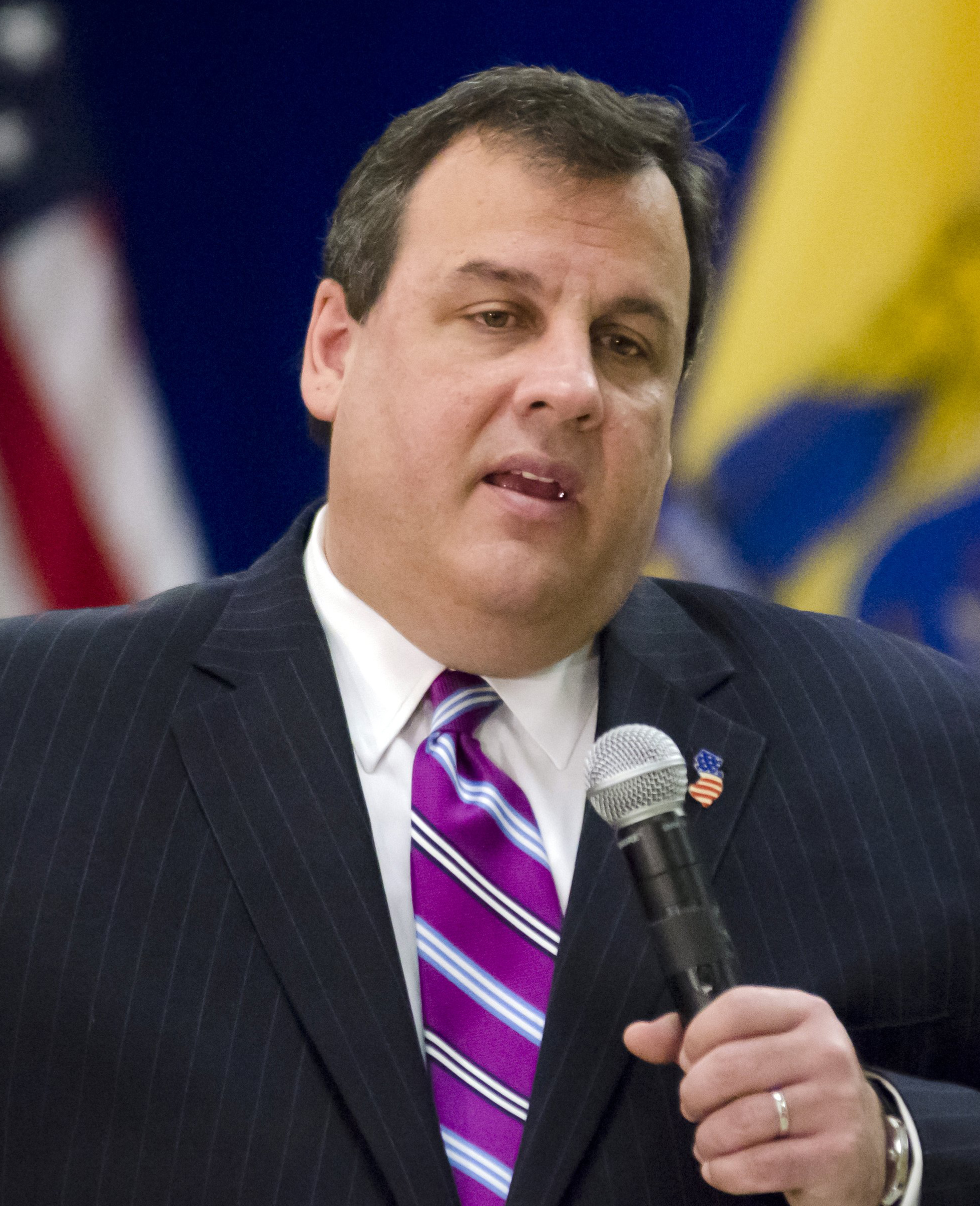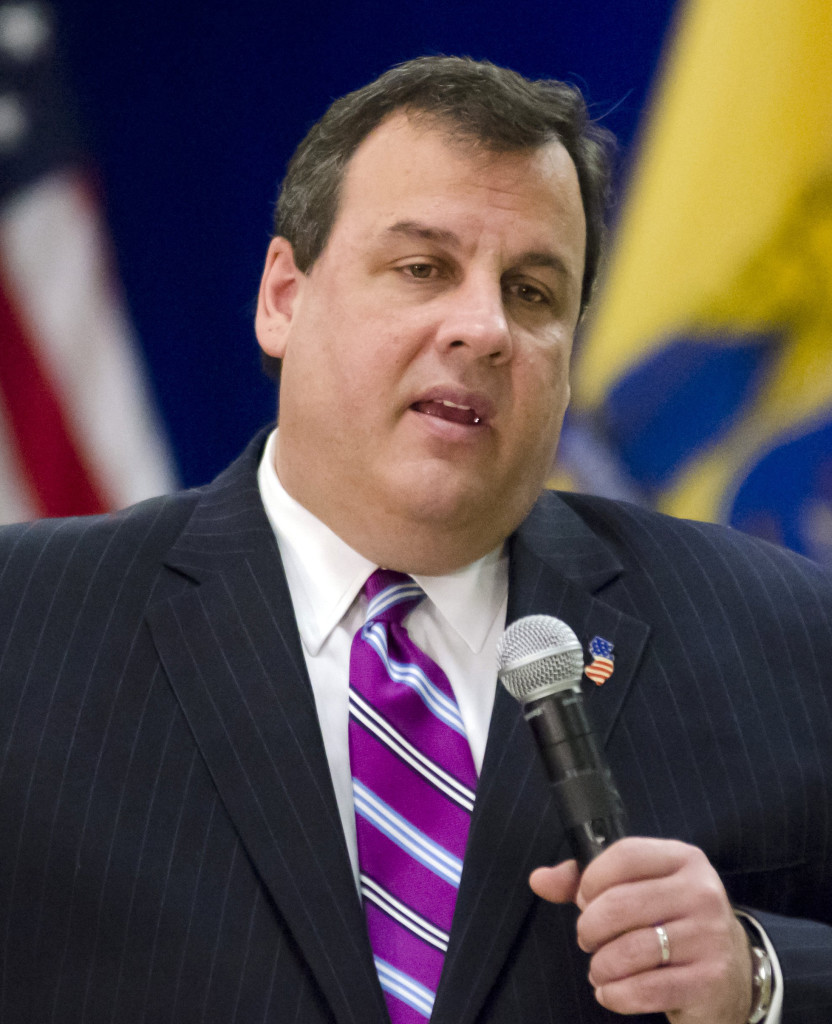New Jersey’s next gubernatorial election is still three years away – but Christie’s potential Democratic challengers are already meeting with stakeholders and gearing up their pension policies.
Those potential challengers include Senate President Stephen Sweeney, Assemblyman John Wisniewski, former U.S. ambassador Philip Murphy and Jersey City Mayor Steve Fulop.
They all have one thing in common: they believe pensions will be a big issue in the 2017 election, and Christie will be on the wrong side of it.
From NorthJersey:
Although the contest is still three years away, several Democrats are already conducting a fierce, behind-the-scenes pre-primary.
And, for the time being, the best way of wooing unions representing police, firefighters and thousands of government workers appears to be to trumpet one of labor’s bottom-line demands: Unless Governor Christie reverses course and makes his promised payments to the pension system, any further discussion of more changes, including a call to scale back workers’ benefits, is dead in the water.
“The employees are paying their share, [Christie] should do the same,’’ said state Senate President Stephen Sweeney.
Christie’s reform push — a public tour over the summer and creation of the 10-member panel of experts who issued last month’s report — looks like it may run smack into the Democratic Party’s solidarity with public employee unions.
That unity will most likely be seen in the Senate, where Sweeney, a Gloucester County Democrat, has the power to derail Christie’s agenda when it suits him. Sweeney has cooperated with Christie on a whole range of deals — including the hotly contested 2011 reforms that forced public workers to pay more for pension and health care benefits, raised the retirement age and cut cost-of-living adjustments. Sweeney is not cooperating this time.
Other potential Democratic candidates in the 2017 race are also lining up behind the union position.
“We have no credibility as a government unless we stand up and meet our obligation to the pensioners,” said Philip Murphy, who served as a U.S. ambassador to Germany and led the Democratic National Committee’s fundraising from 2006 to 2009. “I think it’s very hard to go back to the well until the state can prove that it’s a reliable partner in this.”
Assemblyman John Wisniewski, D-Middlesex, who opposed the first round of benefit changes in 2011, also toed the union line. “Why would anybody believe assurances about any new set of promises about the pension fund when the promises that were made under heavy skepticism to begin with have not been lived up to?”
Unions were angry when Christie cut the state’s pension payments and used the money to plug budget shortfalls elsewhere. Union leaders said that workers were doing their part by contributing money, but the state was shirking its responsibility. From NorthJersey.com:
“We can’t take anyone seriously who talks about fixing the pension system without putting in additional resources,’’ said Ginger Gold Schnitzer, director of governmental relations for the New Jersey Education Association, the powerful teachers union. “It’s ridiculous to think a pension system can survive without regular [state] contributions. Our members have made those contributions.”
According to a recent report from the New Jersey Pension and Benefit Study Commission, the state if shouldering $37 billion of pension liabilities. That number has tripled since 2005.

